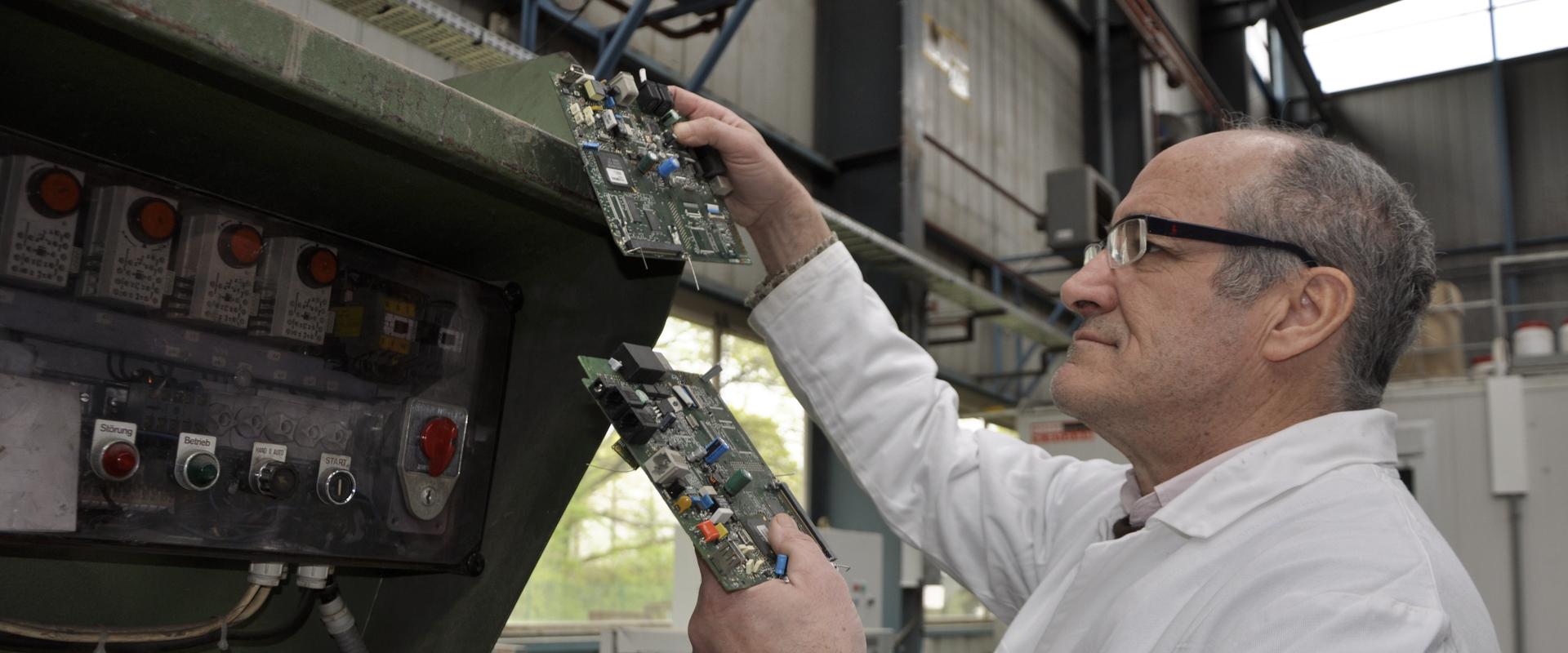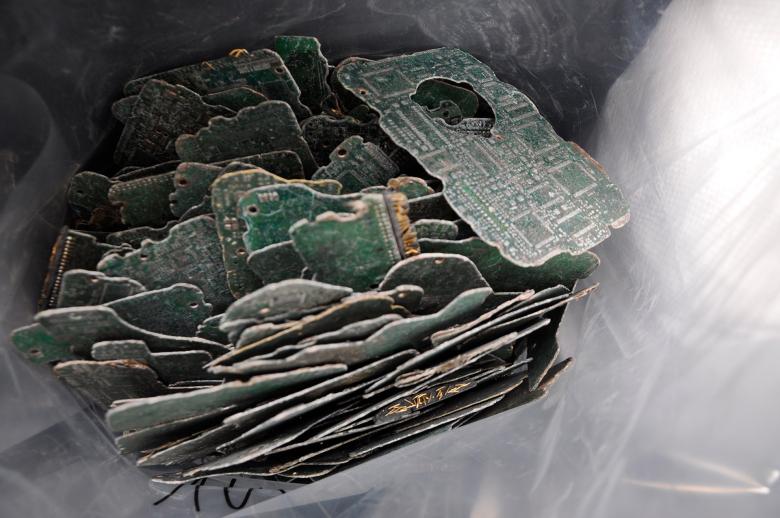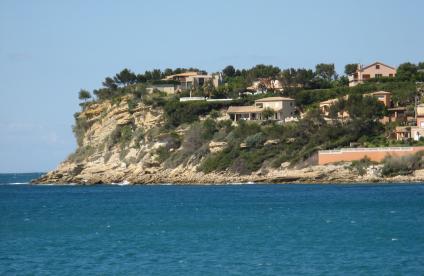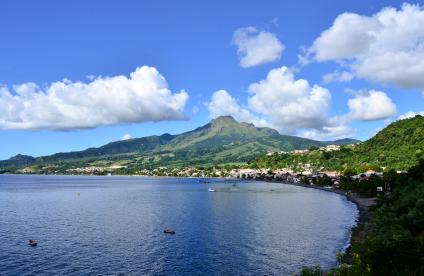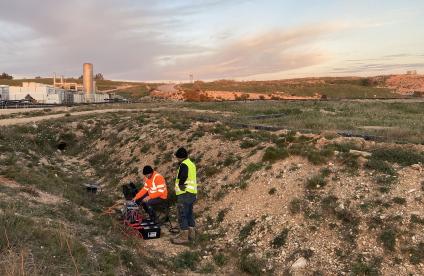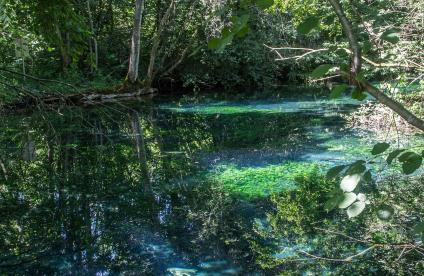Objectives and needs
Access to key raw materials is looking increasingly problematic for the EU as it pursues its transition in the three fields of energy, digital technology and the circular economy. Further, changes in the geopolitical situation can disrupt the supply chain. The war in Ukraine, for example, has highlighted the fact that Ukraine and Russia hold 40% of the global supply of palladium.
Recycling offers another way to obtain metals, diversifying the supply of raw materials. By extracting more of these materials from the waste streams that contain them in abundance, and by planning future demand, we can contribute to mitigating the risks associated with this uncertainty and reduce dependence on other countries for our supply. And of course the products brought to market today will become waste at some point in the future.
Funded by the European Union's Horizon Europe programme, the FutuRaM project will expand the knowledge base grouping potential stocks of secondary raw materials (from recycling) in the European Union, with particular emphasis on critical raw materials. The project will look at the current situation concerning the recycling of these metals in different waste streams, while also studying the potential for further developing this recycling. The aim is to enable evidence-based decision-making for the recovery and use of secondary materials inside and outside the EU, and to disseminate the data generated via an accessible database developed as part of the project.
Expected results
FutuRaM will model the current and future stocks and flows of secondary resources obtained from selected waste streams. To assess potential recycling and material recovery projects, it will use the United Nations Framework Classification for Resources (UNFC), a system offering a clearer understanding of the viability of projects relating to raw materials, mining or recycling. This classification includes environmental, economic, technological, geopolitical, legal and societal criteria. In other words, FutuRaM will assess the potential of recycling to meet the raw material needs of the European economy. Analyses will be conducted for both the short and longer term situations, taking into account the context of the transition policies under way in the EU, and particularly in France. The economic transition will significantly increase the need for raw materials, some of which are not currently produced in any significant quantities in Europe.
FutuRaM will focus on six waste streams:
- batteries;
- electrical and electronic equipment (WEEE);
- vehicles;
- mining waste;
- slag and ash;
- construction and demolition.
These waste streams represent a significant source of critical metals and materials.
The main results expected from the project will be as follows:
- Estimate of potential secondary raw material flows and stocks up to 2050 in the EU in relation to batteries, vehicles, WEEE, mining waste, slag and ash, and construction waste.
- Creation of an interoperable information system, integrated in a pan-European overview of raw materials information systems (RMIS, EGDI, etc.).
- National accounting of the secondary resources produced from recycling.
- Development of the UNFC methodology for assessing metal recovery projects, with application to 15 case studies.
BRGM's role
BRGM is a partner in the project and leader of the task specific to the project information system. BRGM had already played this role in previous projects on this same subject: Panorama and ProSUM.
BRGM will also take part in three case studies, respectively on steel waste, mining waste, and the extraction of rare earths from the permanent magnets of wind turbines.

